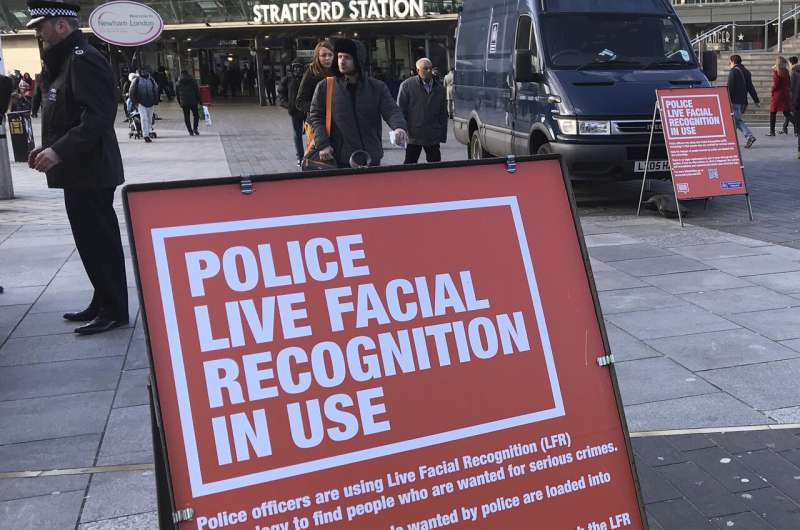UK government response to Biometrics Commissioner sidesteps tough questions
The UK government says that it will carefully consider any recommendations on the use of biometric shared by INTERPOL and other partners from a forthcoming review, but remains quiet on how the role may change, or its functions continued.
The comment came in response to the annual report from Biometrics and Surveillance Camera Commissioner Fraser Sampson, which was published last week.
The official response from Minister of State for Crime, Policing and Fire Chris Philp welcomes Sampson’s suggestion for a national group of police officers to improve the consistency of national Security Determinations, and the Commissioner’s work on ensuring procedures are in place for officers to make use of their biometrics collection powers. Retention rules for biometric material received from partners may have to be revisited, he says, based on recommendations from the Independent Reviewer of Terrorism Legislation (IRTL).
The use of Hikvision surveillance cameras by the College of Policing is questioned in Sampson’s report, which was noticed by The Telegraph, but is not addressed in Philp’s response. Sampson says the deployment is “incongruous” with the body’s role “as the keeper of ethical standards for policing.”
Philp also notes Sampson’s suggestions that police forces should review their use of the UK’s system for storing biometrics collected from immigrants and asylum seekers, and use of “correct sealing procedures” to preserve evidence.
Officers need to seal bags containing DNA evidence properly with more consistency, according to the report. There were 1,500 DNA samples hold by police in England and Wales last year which were compromised, or in some cases, lost. Just under two-thirds of those records were undermined by a failure to seal the plastic bags samples are held in, and the remainder include contaminated and lost samples, as well as those improperly documented.
The number of DNA samples also increased dramatically, which Sampson suggested may be the result of less lockdown restrictions and more emphasis on capturing biometrics.







